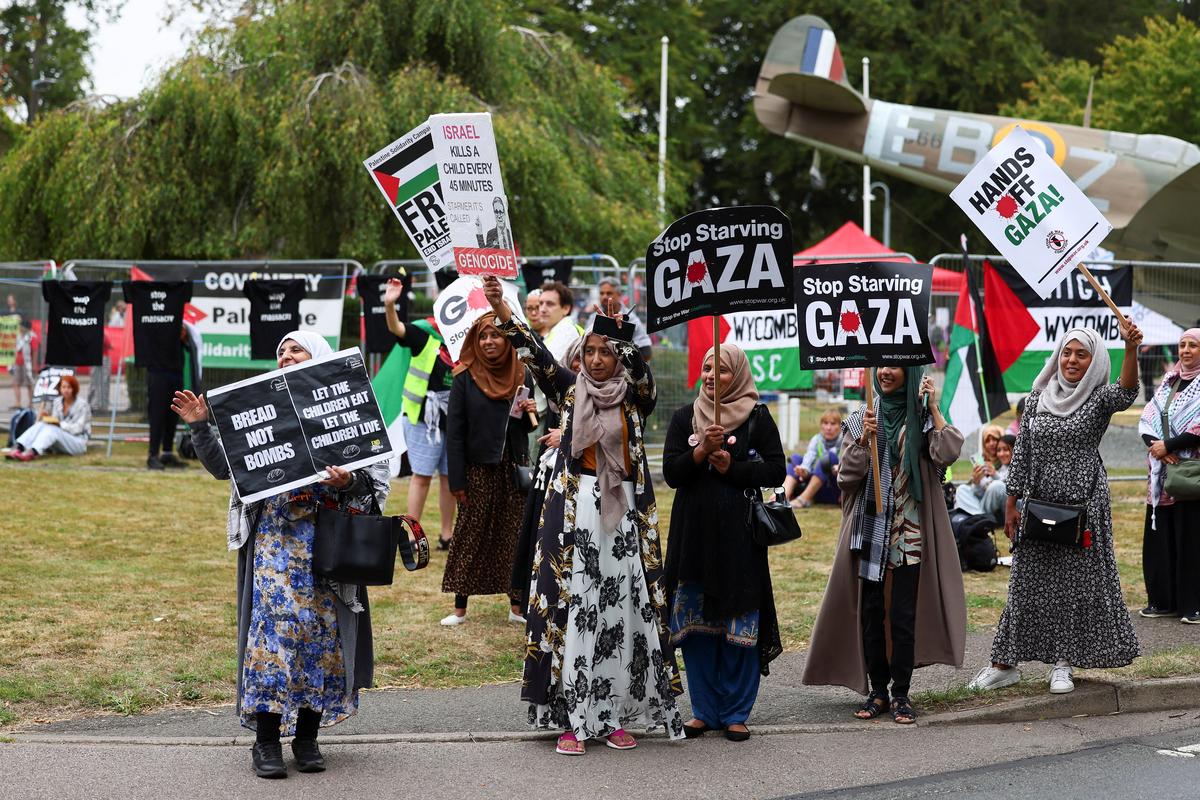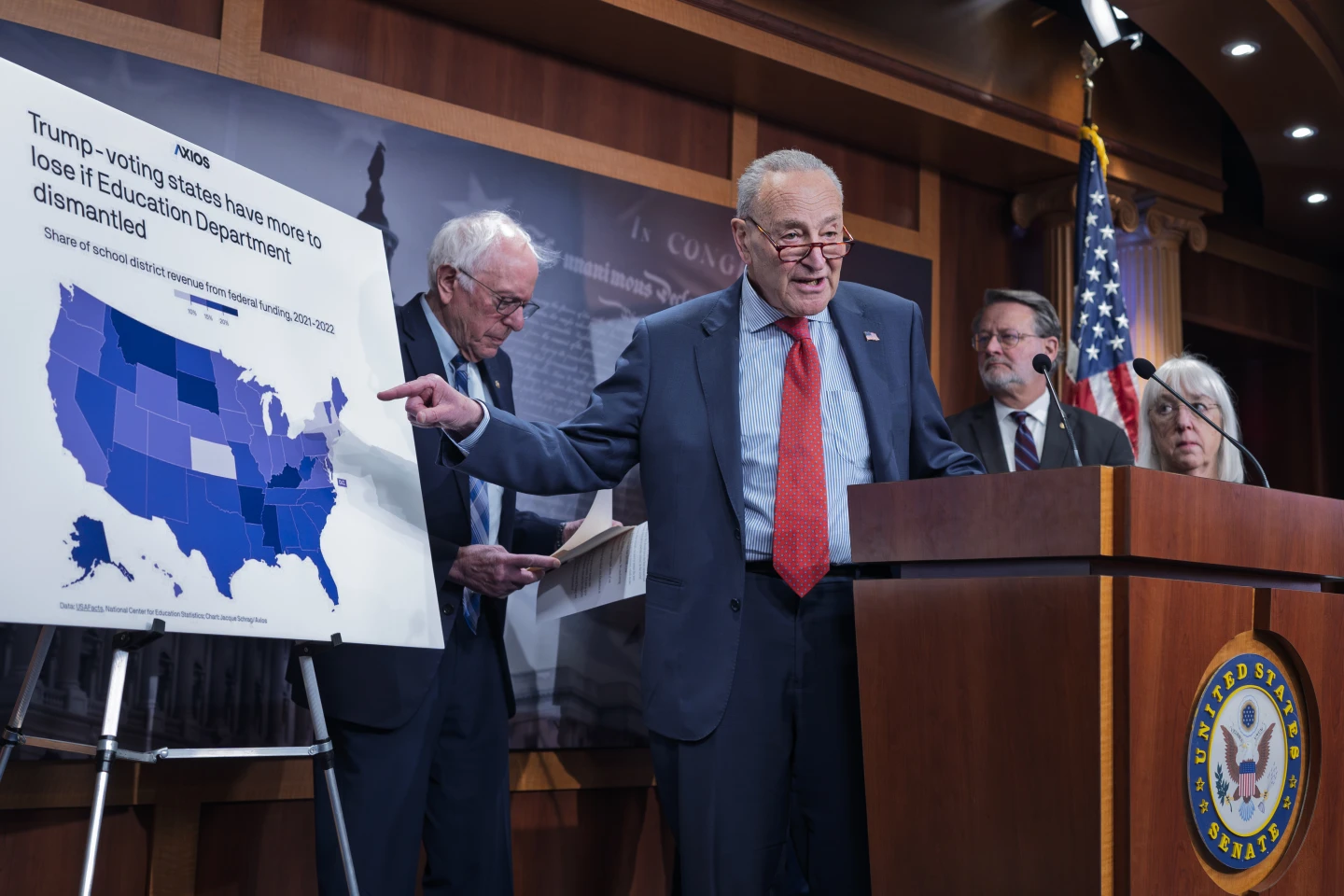
The United States has recently announced a significant policy shift regarding the issuance of visitor visas to individuals from the Gaza Strip. This move has garnered widespread attention due to its potential implications on medical aid, international travel, and the ongoing humanitarian issues in the region. The government’s decision to halt visas used specifically for medical trips stems from growing concerns over security, misuse of visa policies, and the complex geopolitical tensions surrounding Gaza.
Background and Context
Historically, the Gaza Strip has been a focal point of conflict and humanitarian challenges. Many residents of Gaza seek medical care outside their borders due to inadequate healthcare infrastructure and ongoing crises. Consequently, a significant number of medical-related visas have been issued to Gazans traveling to the United States for treatment. These trips have often been coordinated through NGOs and international health organizations, ensuring that critical medical needs are met.
However, recent developments have raised alarms among US authorities about the potential misuse of these visas. There have been reports and concerns that some visas issued for genuine medical purposes could be exploited for other activities that pose security risks or circumvent immigration controls. The US government’s decision to suspend these visas aims to tighten oversight and prevent potential security threats while balancing humanitarian humanitarian needs.
The Ban Explained
The US Department of State announced that it will temporarily suspend issuing visitor visas from Gaza used for medical trips, signaling a shift in policy aimed at increased scrutiny and regulation. According to BBC climatizes the scope of this move, emphasizing security considerations amidst ongoing regional tensions.
Impacts on Medical Travel and Humanitarian Aid
Challenges Faced by Patients
For many residents of Gaza, traveling abroad for critical medical treatments has been a lifeline. The suspension of visas creates immediate hurdles for those needing urgent care, potentially delaying treatment and worsening health outcomes. NGOs and international aid organizations are now faced with the challenge of navigating the new visa policies while attempting to assist those in dire need.
Potential for Humanitarian Crises
The ban could inadvertently lead to increased suffering among vulnerable populations. Medical trips often serve as a vital component of Gaza’s limited healthcare system, providing access to specialized treatments unavailable locally. Restricting visas may necessitate the development of alternative solutions, such as establishing local healthcare facilities or negotiating exceptions for specific cases.
Security Concerns and Policy Rationale
The US government’s primary justification for this measure revolves around national security. Officials contend that some individuals exploiting medical visas might have ties to militant groups or could facilitate unauthorized activities under the guise of medical tourism. The heightened scrutiny aims to mitigate these risks without entirely shutting down humanitarian pathways.
This policy aligns with broader efforts to tighten U.S. immigration controls, especially in regions fraught with conflict. The balance between humanitarian assistance and national security remains delicate and complex, often requiring nuanced policymaking and international cooperation.
Reactions and Political Perspectives
Reactions to the visa suspension have been mixed. Human rights advocates express concern about the possible adverse effects on innocent civilians relying on international medical aid. Conversely, security agencies emphasize the importance of protecting borders and preventing potential threats.
- Supporters argue that tighter controls are necessary to prevent misuse of visas and to safeguard U.S. national security.
- Critics contend that the move could unfairly target innocent individuals and hinder essential humanitarian aid, especially in a region as volatile as Gaza.
Several international organizations and diplomatic figures have called for more targeted measures that differentiate genuine medical cases from potential security risks, emphasizing the need for compassion alongside security considerations.
Future Outlook and Possible Developments
This policy is likely to evolve as new information and security assessments become available. Ongoing dialogue between US policymakers, humanitarian agencies, and regional stakeholders is critical to refining strategies that safeguard security without undermining essential aid and medical services.
It’s conceivable that the US may develop exceptions or special visa categories for patients with urgent medical needs, provided they meet strict criteria. Additionally, there may be increased reliance on international cooperation to facilitate medical travel through transparent and secure channels.
Conclusion
The US’s suspension of Gaza visitor visas used for medical trips marks a significant shift in policy driven by security concerns amidst an already complex geopolitical environment. While aimed at preventing misuse and protecting national interests, this move underscores the urgent need for balanced solutions that continue to support humanitarian efforts. For those affected, navigating the new regulations will require cooperation among governments, international organizations, and civil society to ensure that critical medical needs are met without compromising security.
Understanding these layered issues is vital in fostering a compassionate yet secure approach to international medical aid and travel policies. As the situation develops, stakeholders must work collaboratively to ensure that humanitarian assistance remains accessible while addressing legitimate security concerns.
For more updated news please keep visiting Prime News World.








